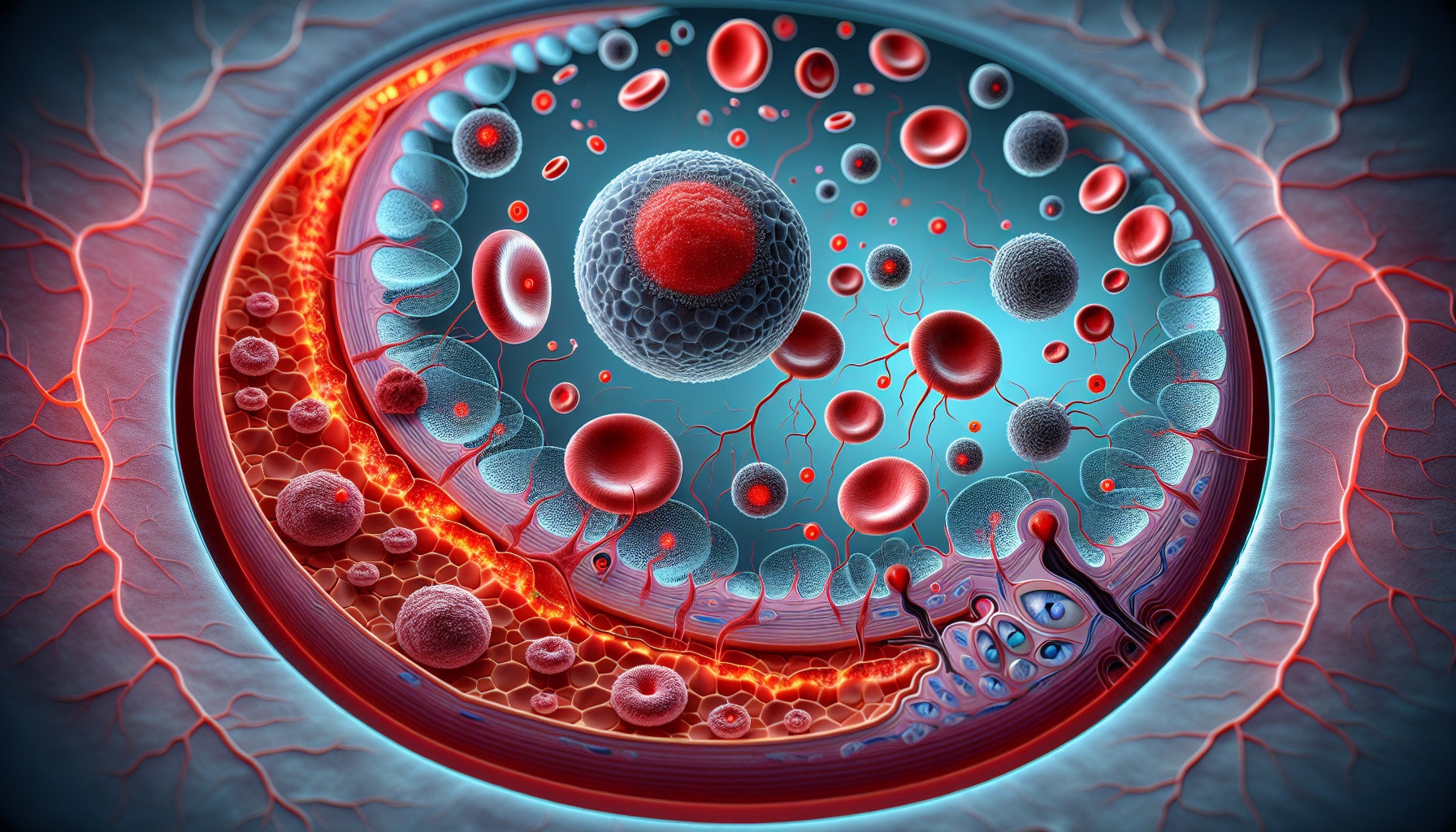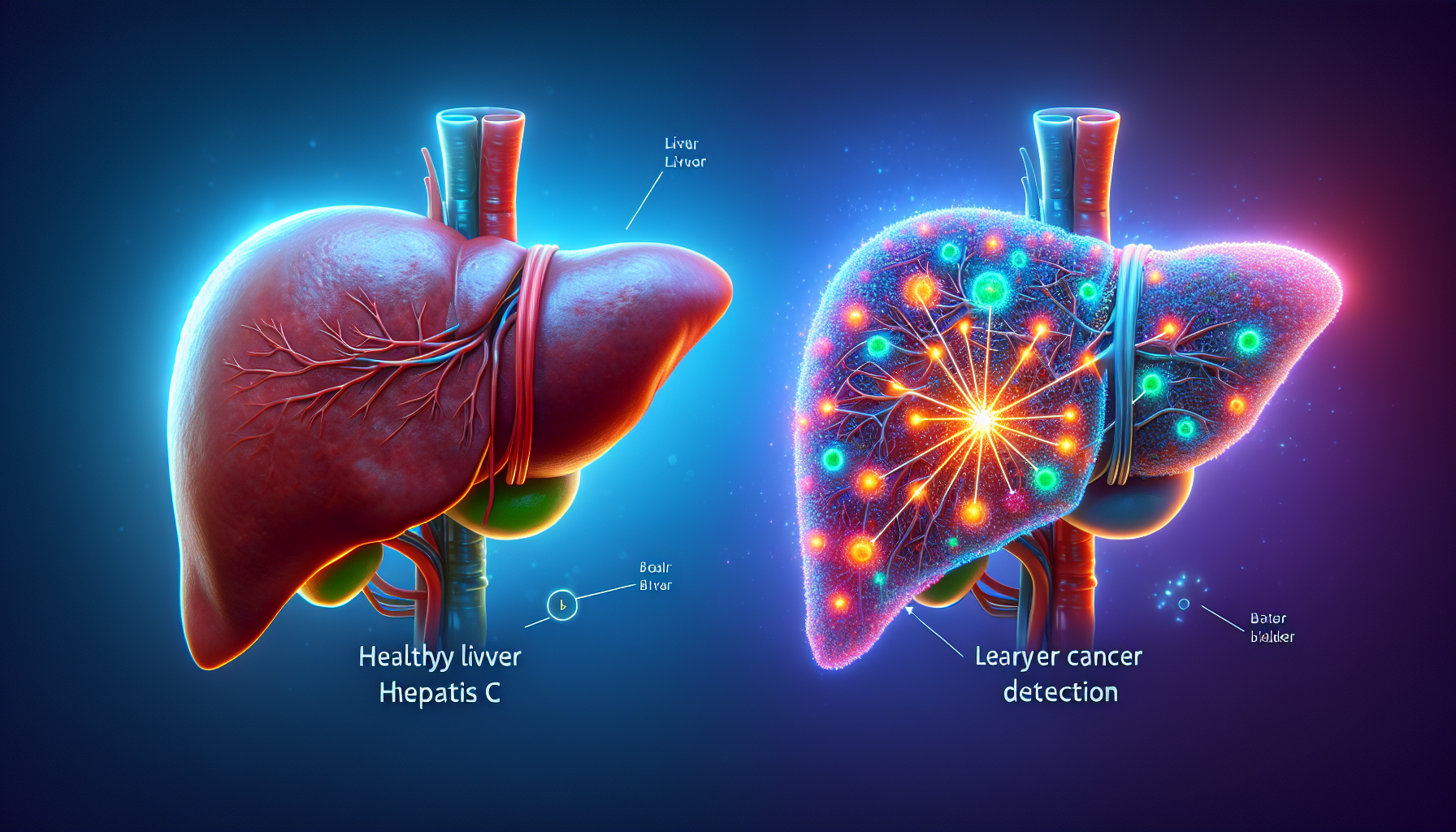Revolutionizing Gastric Cancer Detection: Non-Invasive Oral Microbiome Testing
Key Takeaways
- A simple oral rinse test could revolutionize early detection of gastric cancer by leveraging the composition of the oral microbiome, potentially bypassing invasive methods like endoscopy.
- Preliminary studies demonstrate the ability to identify at-risk individuals through distinct microbial patterns in the mouth, with promising accuracy for early detection of gastric cancer.
- While the results are promising, researchers emphasize the need for further validation through larger studies to confirm the effectiveness and reliability of this non-invasive screening method.
Did You Know?
Introduction to a Breakthrough in Cancer Screening
In the ongoing battle against gastric cancer, a groundbreaking approach involving a simple oral rinse test promises to revolutionize early detection. Researchers are now exploring whether the composition of our oral microbiome can be used as an indicator for gastric cancer risks, potentially bypassing the need for more invasive screening methods like endoscopy.
The Urgency for Early Detection
According to medical experts, gastric cancer often remains undetected until it reaches advanced stages due to the lack of comprehensive screening protocols. This delay in diagnosis significantly diminishes the chances for effective treatment and survival. With over ten thousand deaths anticipated in the coming year in the United States alone, the search for early detection methods has gained immense urgency.
The Role of the Oral Microbiome
Recent studies suggest that different microbial compositions in one's mouth could signal the beginnings of stomach cancer. By comparing oral rinse samples from individuals with and without gastric conditions, researchers have identified distinct microbial patterns that may serve as early warning signs of cancer development.
Towards Non-Invasive Screening
The envisioned 'swish and spit' test is designed to be a user-friendly and non-invasive method to screen for gastric cancer. This method could significantly expand access to crucial early detection, potentially saving thousands of lives by catching the disease in its nascent stages.
Scientific Validation and Advances
Preliminary results are promising, showing the ability to distinguish between healthy individuals and those with precancerous conditions or actual gastric cancer based on their oral bacterial profiles. This has led to the development of a screening model that, coupled with clinical data, demonstrates high accuracy in identifying at-risk individuals.
Considerations and Future Directions
Despite the potential, researchers note that factors like diet, medication, and individual health conditions could impact the microbiome's stability. Ongoing studies aim to refine testing methods and ensure reliable results across diverse populations.
Implications for Public Health
This research could pave the way not only for earlier and less invasive detection of gastric cancer but also for a better understanding of the role the microbiome plays in various diseases. With further validation, this approach could be a significant leap forward in how we screen for and ultimately combat gastric cancer.
Next Steps in Research
The journey towards implementing this test as a routine screening tool involves extensive validation through larger studies to confirm the findings and assess the test's practicality in a real-world setting.
Closing Thoughts
As the medical community continues to unravel the complexities of the human microbiome, the doors to innovative screening and treatment options for gastric cancer and other diseases may continue to open, offering new hope and protection to at-risk populations globally.






